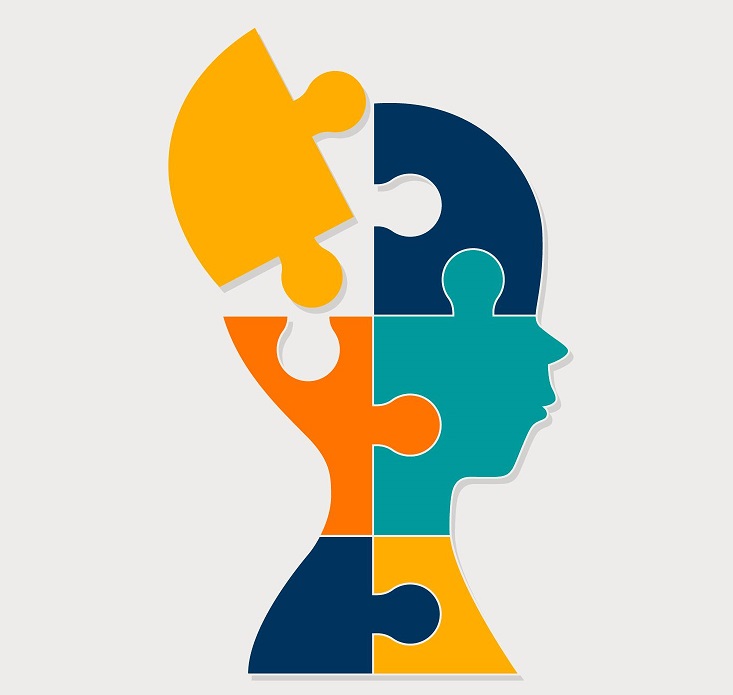Screening and Diagnosis

-
Pointers to suspect ASD
- Avoids eye contact
- Not responding to name
- Delayed speech and language skills
- Unusual reaction towards sound, smell, taste, touch or feel
- Repeats words or phrases over and over (echolalia)
- Makes repetitive movements like hand flapping, rocking and spinning
- Toe walking
- Has obsessive interests
- Gets upset with minor changes
- Gives unrelated answers to questions
- Irrelevant smiling or laughs
- Trouble understanding others feelings
- Does not point towards interesting things
Screening for ASD can be done as early as nine months in a well-baby clinic setup or during vaccination follow up.
Most common tool used for Screening ASD is M-CHAT-R, according to the score of MCHAT, a child can either have high risk, medium risk or no risk for ASD. However, a child cannot be labelled to have ASD on the basis of this tool.

Assessment and Diagnosis
There are many diagnostic tools available for ASD like INCLEN, ISAA, CARS, ADOS, TABC. The assessment is done by a trained psychologist to diagnose ASD as well as grade according the severity.
Detailed Developmental and IQ assessment along with ASD assessment is also required to know the cognitive level of the child and accordingly plan the education.
Detailed Medical assessment and Investigations like Genetic tests, EEG, MRI, thyroid profile and other medical tests are sometimes done to know the cause of ASD (but are not recommended in all cases).

- Developmental delay
- Intellectual disability
- Attention deficit hyperactivity disorder (ADHD)
- Anxiety
- Depression
- Poor self esteem
- Behavioral issues like tantrums, self-injurious behavior
- Aggression
- Gastrointestinal symptoms like abdominal pain, constipation, loose stools.
- Seizures
- Feeding problems like Picky eaters as they refuse to eat certain foods, problem in chewing and swallowing
- Sleep disorders like problem in falling asleep or disrupted sleep
- Dental caries

